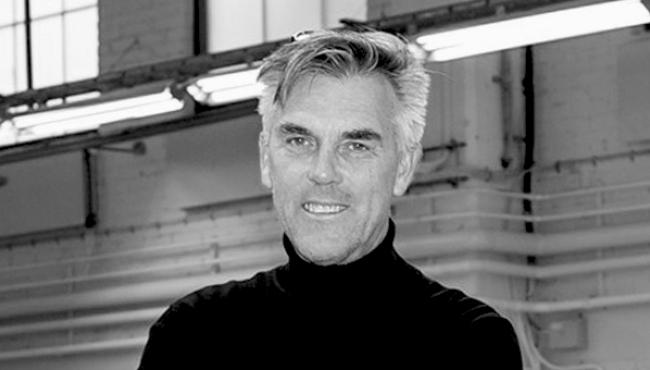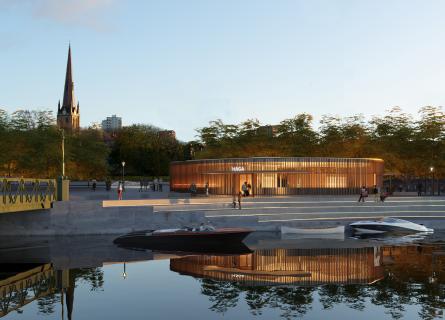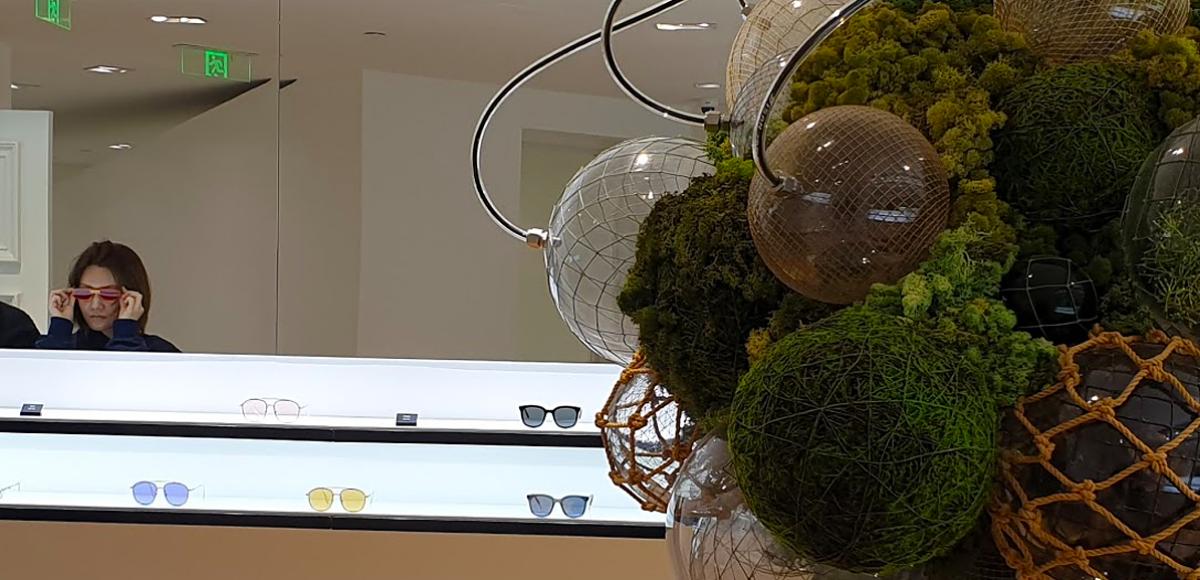
The art of being relevant
Erlend Kyte, Creative Director at AFRY’s Experience Design - Studio Copenhagen, on how to stay relevant in a rapidly changing world.
Becoming a successful company or brand, takes more than having clever products, a beautiful user interface or catchy tagline. It is all about understanding the inner working of the market, the audience, and clients themselves in order to create a viable, harmonising and relevant edge for all parties included.
Studio Copenhagen, a unit under AFRYs Experience Design, is a global reaching, specialized unit that acts in the crossroads of market understanding, design and business strategy. Since its establishment in September 2019 the team in CPH has been spearheading Experience Designs push into providing strong, confidence building advisory and strategic input for client executive management in the need for a (re)framing of their value proposition or a (re)connect with what really matters, both inside and outside the company silo.
The CPH unit is industry agnostic, and their focus is to support premium and lifestyle brands ability to set a new, relevant direction for both the organisation and brand in order to keep up and be in the forefront of the shifting values and consumer behavior. In order to do so, they need a holistic understanding of the company, users and market, with a strong emotional aspect.
“It doesn’t matter if you are the best in the world at what you do. If the critical mass of the market doesn’t need or cannot relate to your product, offering or brand, you’re irrelevant. Sadly, it’s not enough to only be good at something”, says Erlend Kyte, and continues:
“Instead, for a company who wants to become and stay relevant to a specific segment in a specific market, it is essential to do a bit of soul searching to create a relevant, authentic brand promise and opportunities based on both market insights and own values. And of course, have the ability, self-awareness and will to adapt to the new situation.”
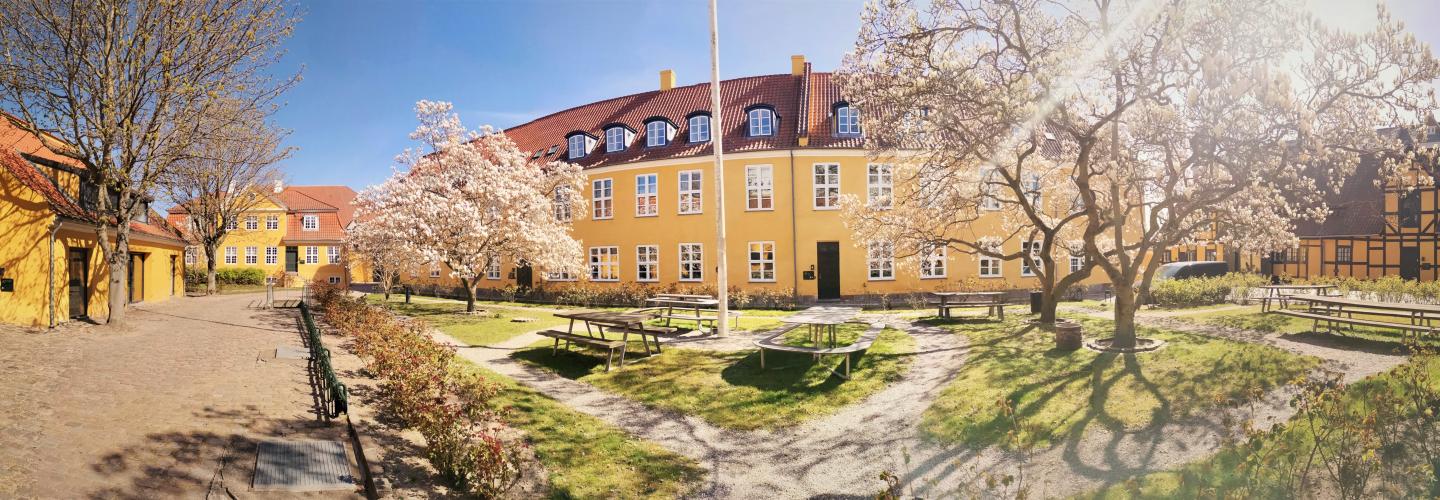
Large amounts of empathy go into every relation Erlend Kyte and his team build with their clients, and strong bonds between the client and the consult team are created.
Finding the right “why”
Fundamentally, the studio’s expertise lies in making the boardroom and the hyperlocal market connect in a dance of relevance, authenticity, and the right “why”. To make this happen, one of the main pillars in the initial collaboration with the client revolves around in-depth exploratory, ethnographic research operations where they, often together with the clients, work to uncover the nuances in behaviors, values, decision making and context, down to a very local level of the clients market arena.
“A company is only as robust as their knowledge of what their target audience finds relevant and is willing to invest money in, but also, and often more important, understanding of how the audience want to “dress up” their own personal ‘brand’.”
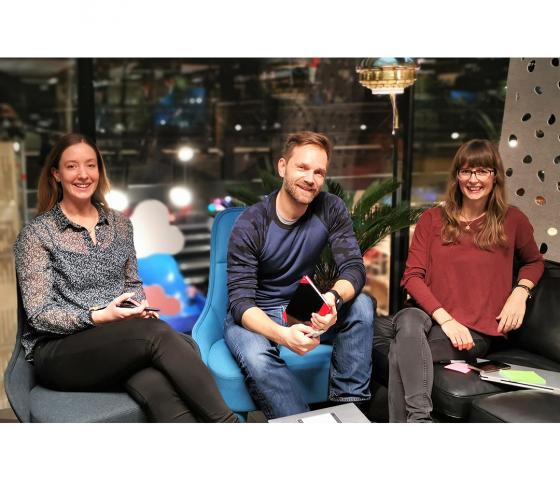
By having a network of local experts, researchers and moderators that spans across the world, the small team of three people, located in downtown Copenhagen, can carry out strategic research operations anywhere on the globe - whether it is in San Francisco, Amsterdam or Tokyo - even down to the hyper local level as a neighborhood in Shanghai.
Because even for a global brand, with a global strategy, there are fundamental differences in how people feel and make decisions, depending on their context and current world view.
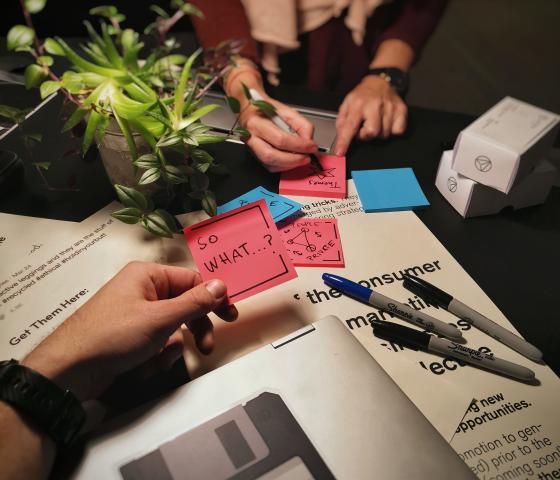
Future relevance
Based on the insights from the research, analysis and discussions, they get an understanding for how a user segment might behave in the future, their value sets, “why”, “what” and “how” something is relevant to them in their context.
With the findings, Erlend Kyte and his colleagues can, in close collaboration with the client team, create business strategies and foster confidence in the clients decision-making, enabling them to execute on relevant initiatives that is surgically designed to resonate and have impact on these specific consumers and markets in the future, whether it’s a tuned brand story, an updated value proposition or new portfolio direction.
“And this is when the real work starts – in order to be successful, you really need to adapt your whole company’s culture to these consumers to be able to create a brand and a brand story that makes sense for them”, says Erlend Kyte.
